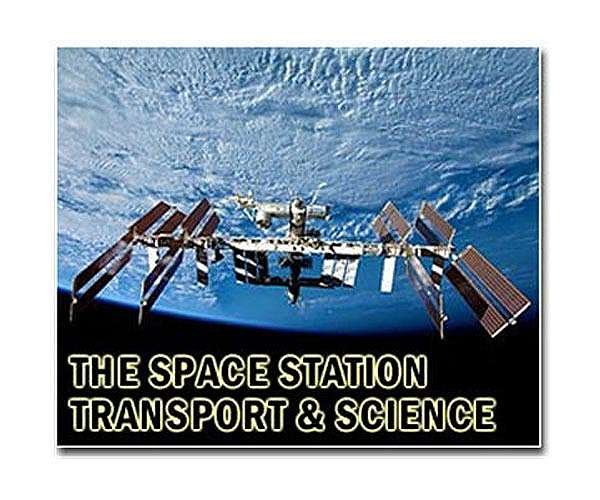ISS Crew 9 will conduct research on genetics, heart health, and space agriculture
Written by Clarence Oxford
Los Angeles, CA (SPX) September 27, 2024
The Crew-9 mission, part of NASA’s Commercial Crew Program, is preparing to launch to the International Space Station (ISS) on Saturday, September 28, 2024. The crew will conduct a variety of scientific investigations during their five-month stay. Many are supported by the ISS National Laboratory. Crew-9 is scheduled to lift off aboard the SpaceX Dragon spacecraft Freedom from Cape Canaveral Space Force Station at 1:17 p.m. ET. The mission will be led by NASA astronaut Nick Haig, with Roscosmos cosmonaut Alexander Gorbunov serving as mission specialist.
Once on board the ISS, the team will support hundreds of experiments across multiple scientific disciplines. Among these are several important projects sponsored by the ISS National Laboratory that aim to further scientific knowledge and develop technologies with potential benefits for life on Earth.
One of the featured studies is a student-led project focused on gene editing mechanisms in space. The project, led by Yale University student and 2023 Genes in Space competition winner Isabelle Jean, will investigate the effects of space radiation on the gene editing process. Insights gained from this experiment could help improve protection for astronauts and understand the genetic risks associated with space travel.
Additionally, a collaboration between the U.S. Air Force Academy and Rhodium Scientific will study the growth of Arabidopsis, a close relative of mustard, at two different orbital altitudes. The study, which compares plants grown on the ISS and those grown on the Polaris Dawn mission, could provide insight into growing crops on long-duration space missions and in environments with high radiation exposure.
Another important project funded by the US National Science Foundation (NSF) will use 3D bioprinted cardiac organoids to study myocardial atrophy in microgravity. This research, a collaboration between Oregon State University and Texas Tech University, may provide new understanding of the deterioration of heart muscle observed in several diseases such as muscular dystrophy, diabetes, and heart failure.
In addition to these biological studies, other studies focused on manufacturing in space will also be conducted. Sachi Bioworks will collaborate with Space Tango to test the effects of new drugs on brain organoids to treat neurodegenerative diseases such as Alzheimer’s disease, Parkinson’s disease and dementia.
Malta University of Arts, Science and Technology will test an innovative cold welding process in space with support from Nanoracks. This method, which uses pressure rather than heat to join metals, could be crucial for future space repairs that address concerns related to space debris.
Related links
ISS National Laboratory
Space tourism, space transportation and space exploration news

